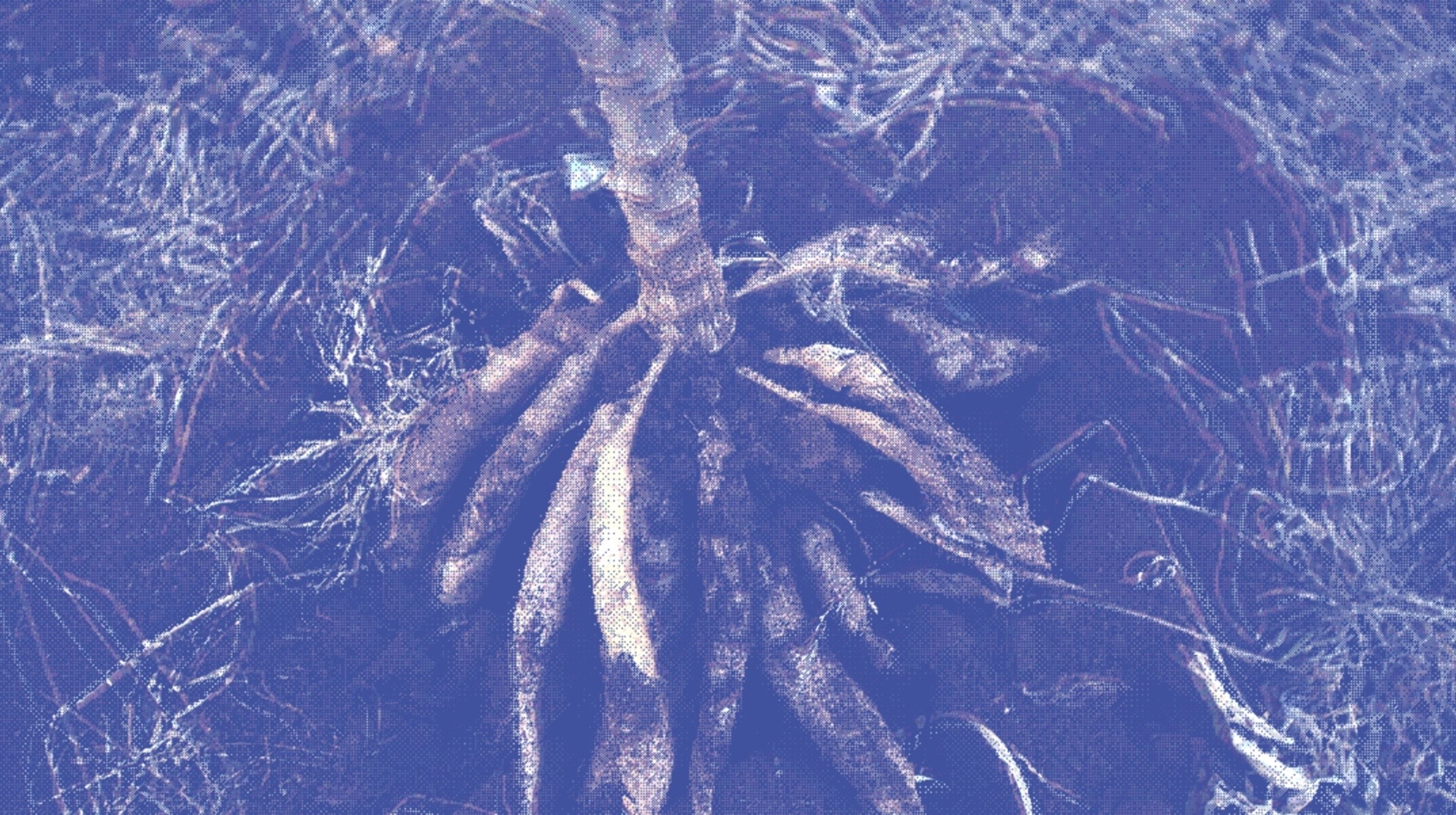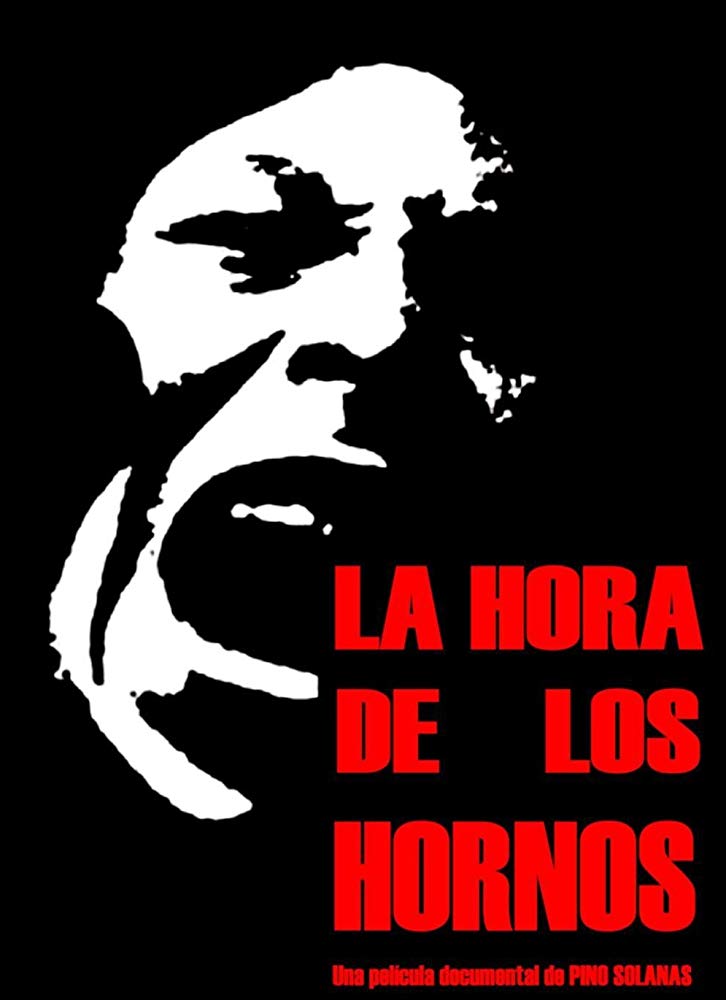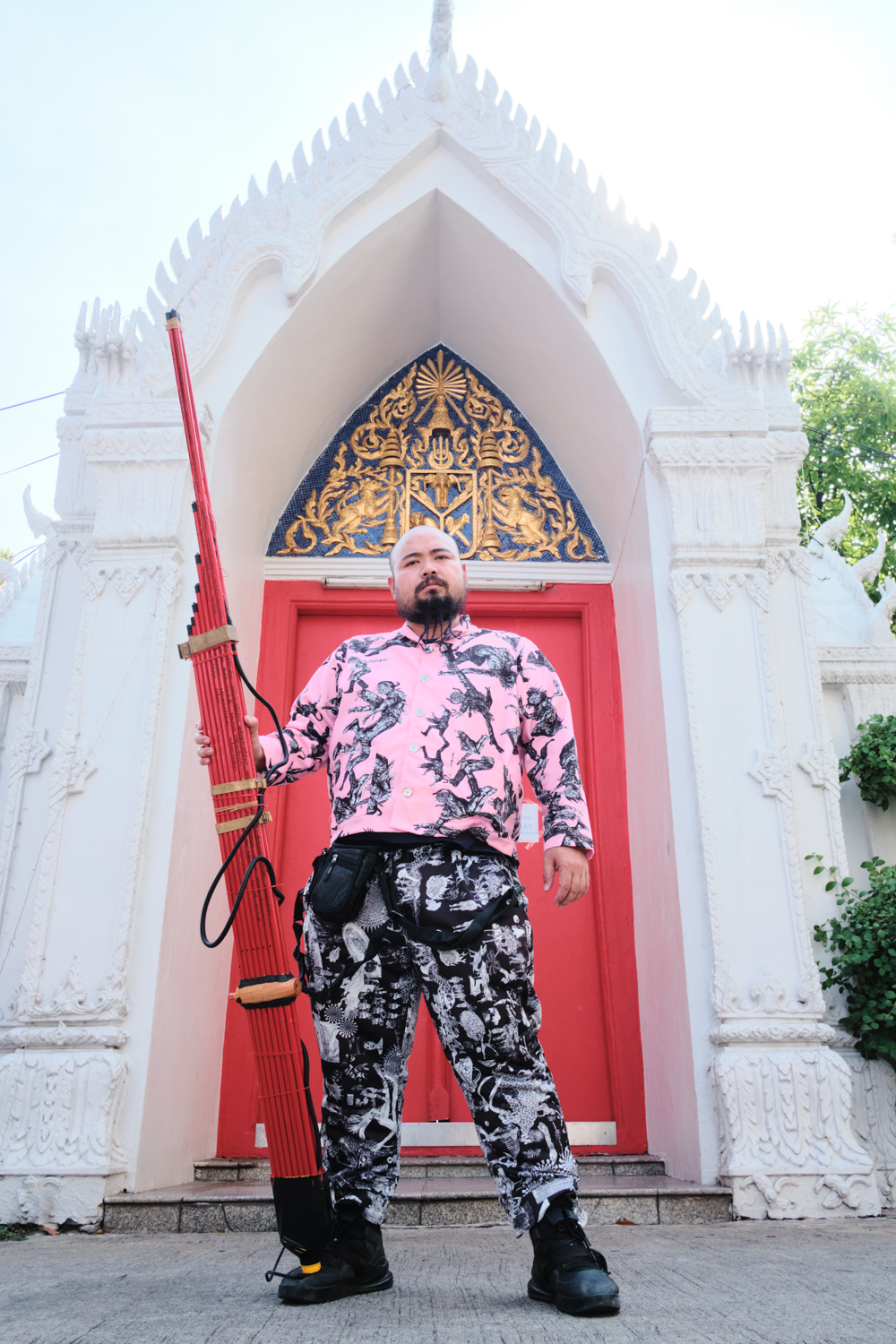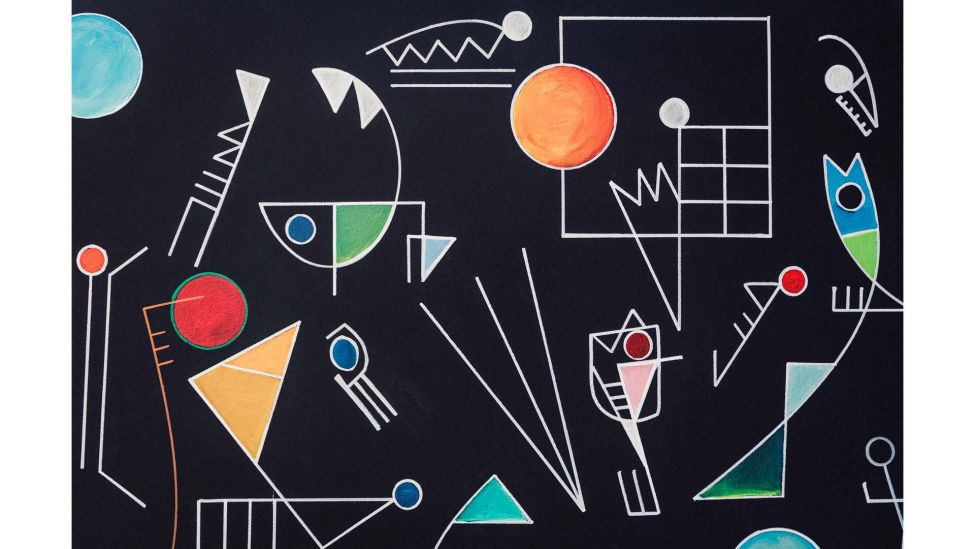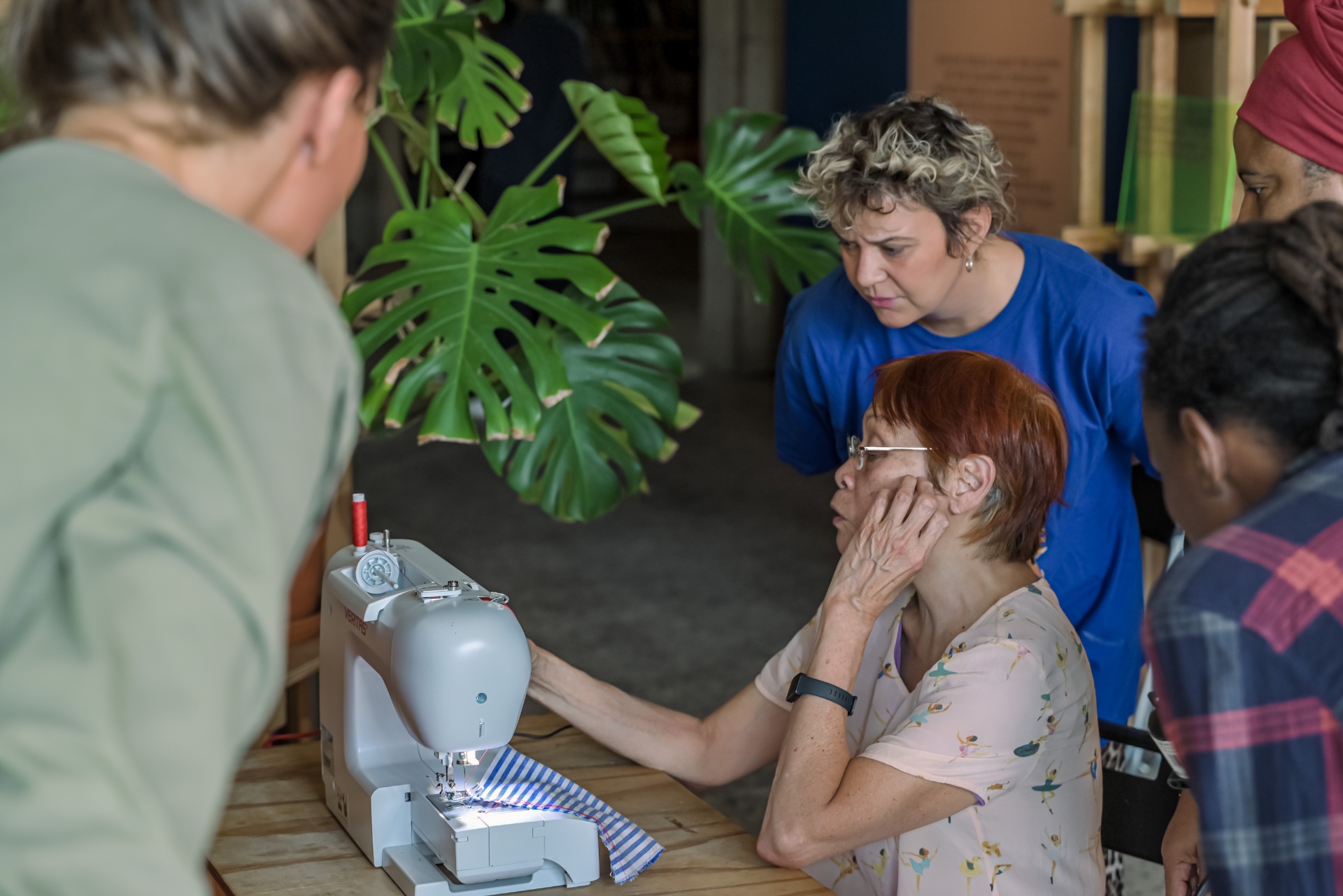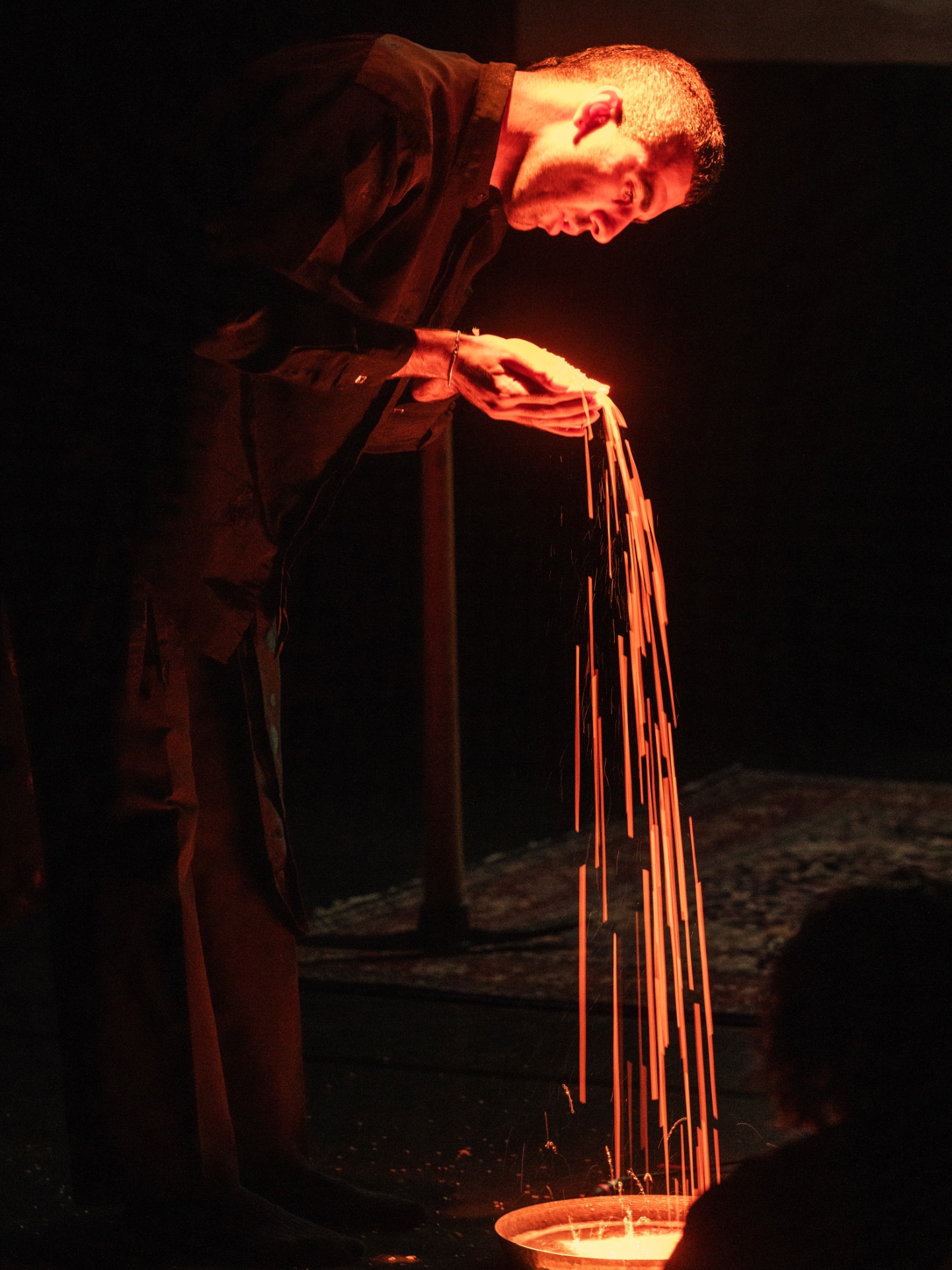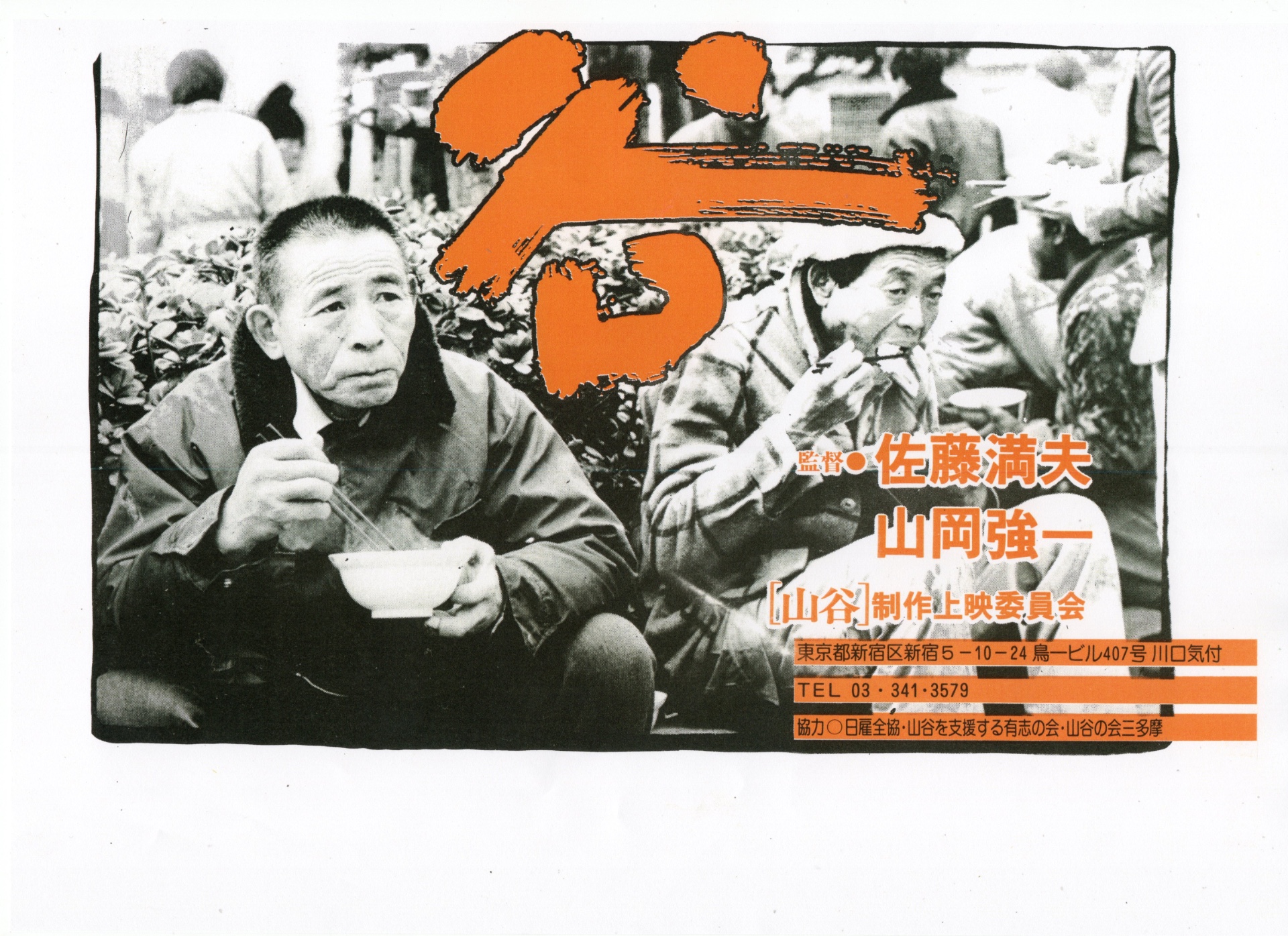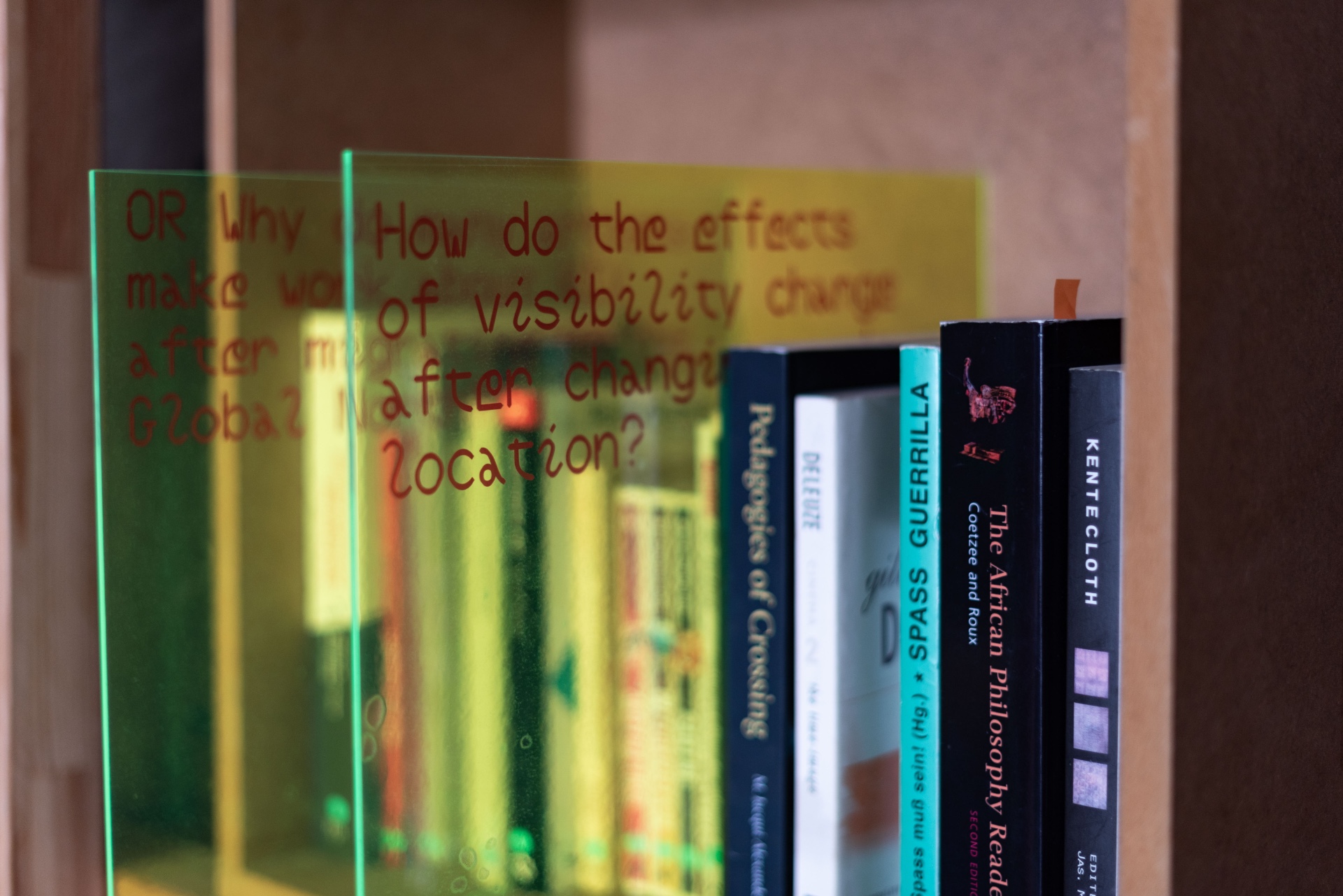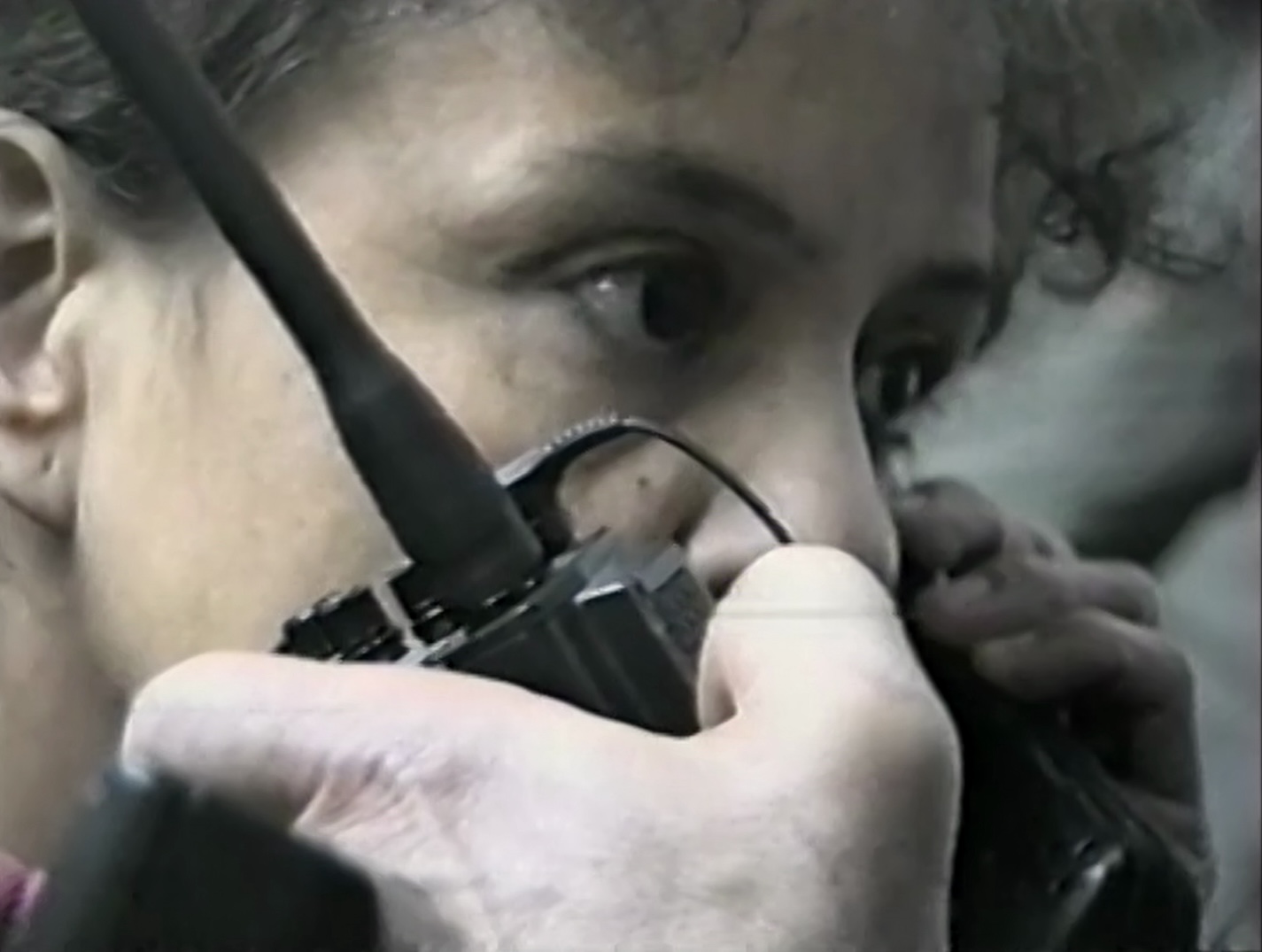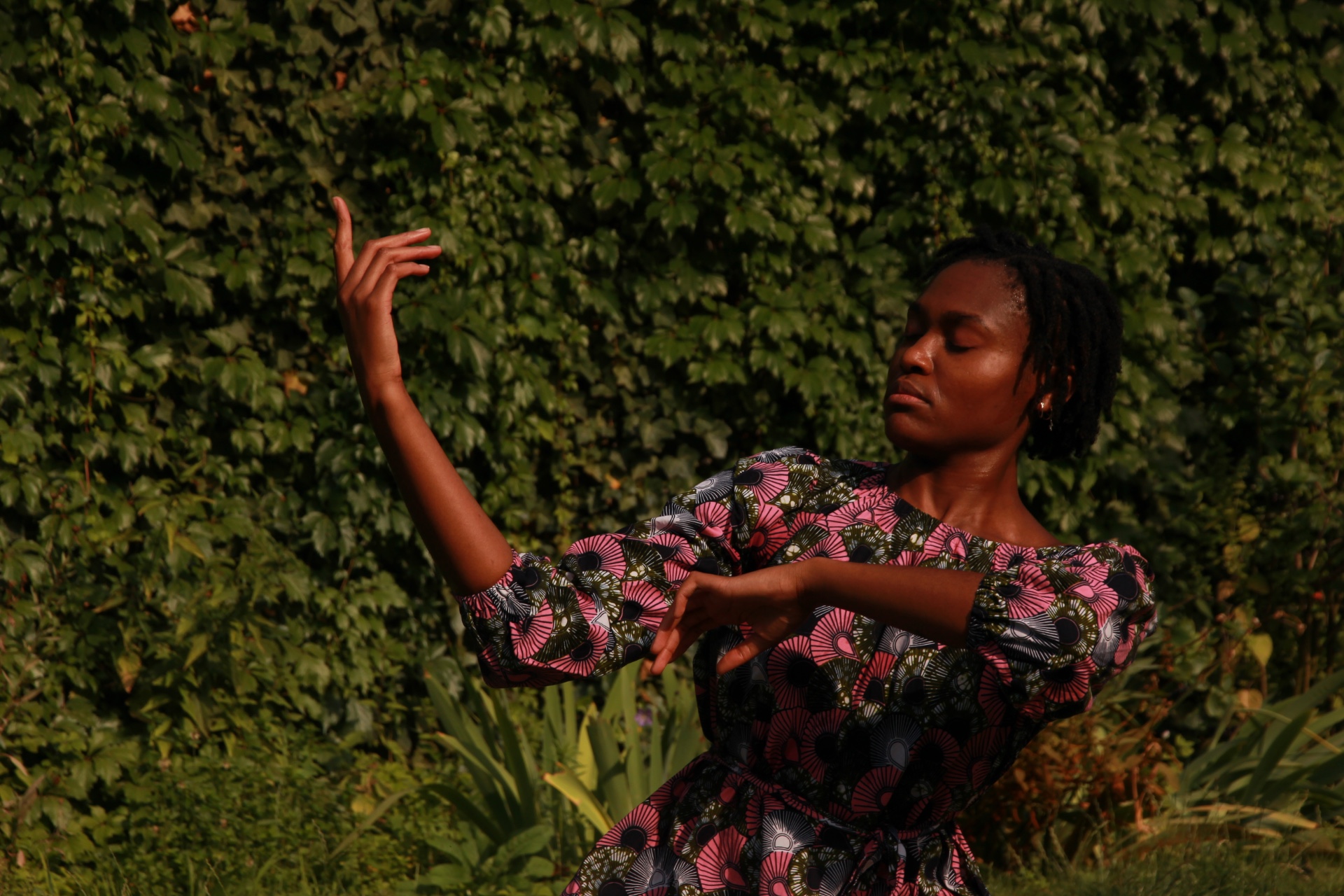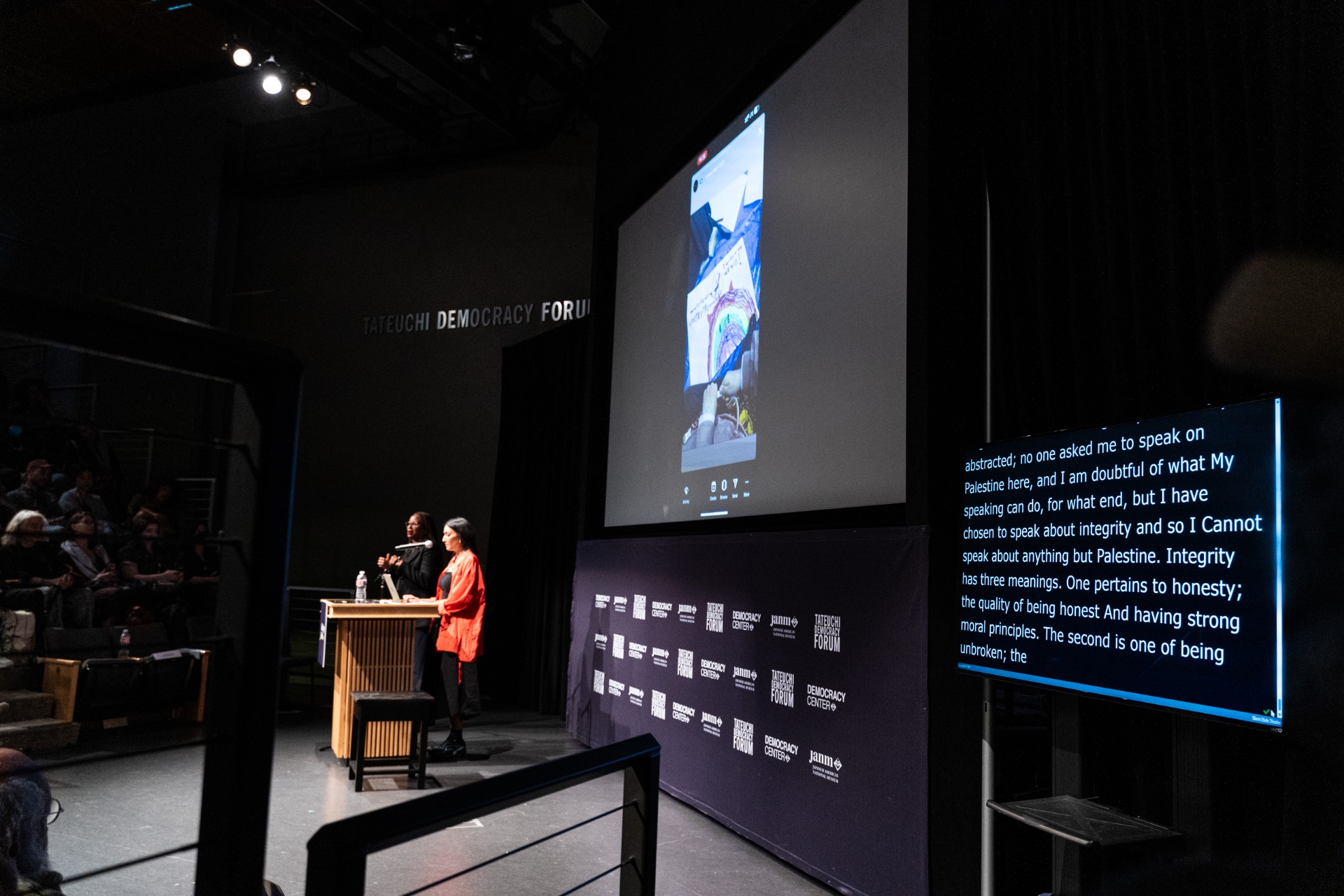Labo*r
AN INVITATION TO ACTION… A BASIS FOR HOPE
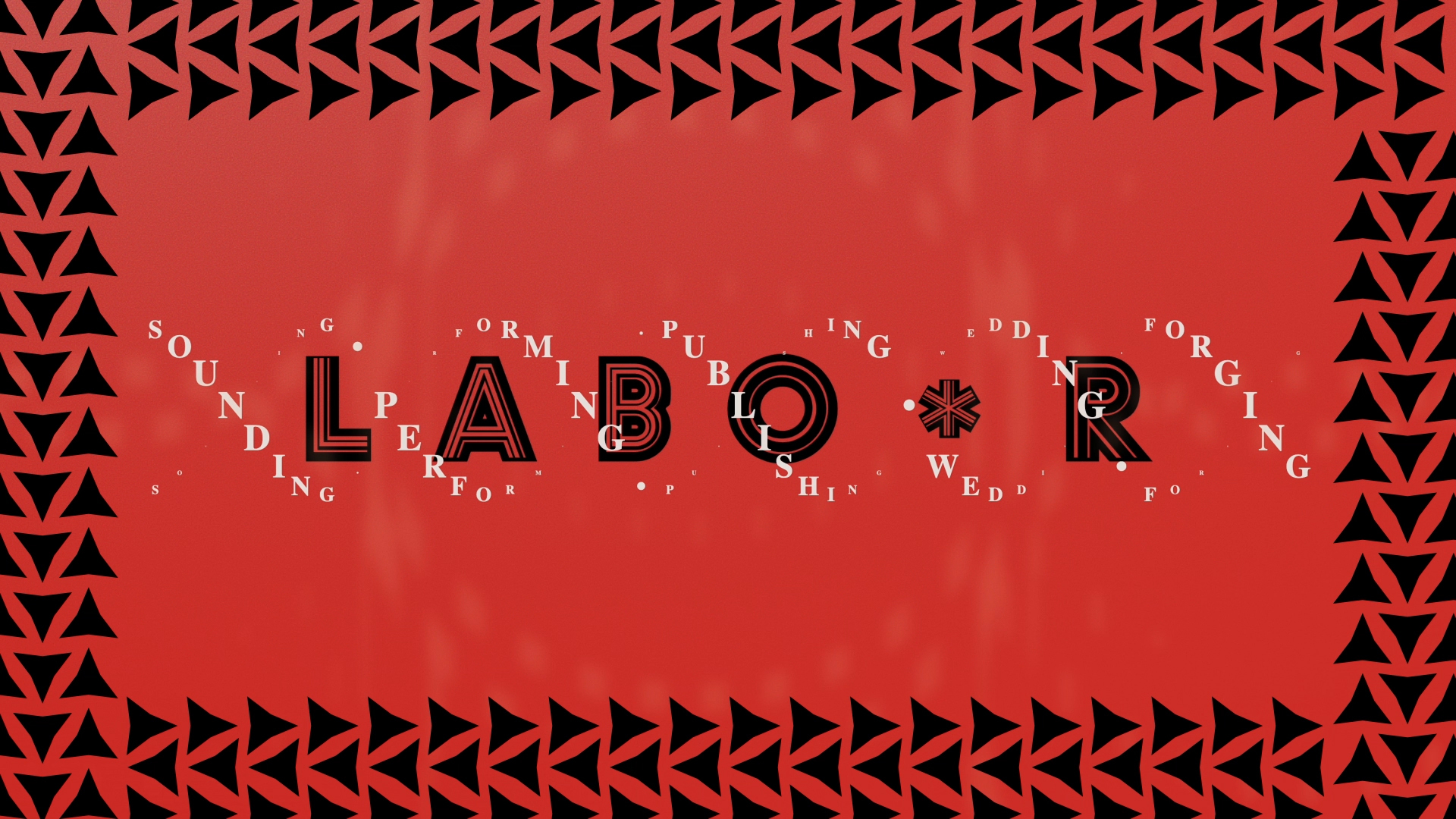
Exhibition & LABORATORIES
WITH Alaa Abdullatif, Andi.Andean, Aziza Ahmad, Jasmina Al-Qaisi, Marwa Arsanios, Qusay Awad, Kathleen Bomani, Diego Bruno, Rüzgâr Buşki, Santiago Calderón, Das Freie Werkstatt Prinzip, Jemma Desai, Santiago Doljanin, DOMiD, Melissa Dullius, Lama El Khatib, Helga Elsner Torres, Fehras Publishing Practices, Emmanuel Tanka Fonta, *foundationClass, Juan Pablo García Sossa, Amirali Ghasemi, Joy Gregory, Daniellis Hernandez Calderon, Satch Hoyt, Mary Jirmanus Saba & Raisa Galofre, Pekko Koskinen, Pisitakun Kuantalaeng, Rafał Łazar, Alessandro Longo, Doriane Mbenoun, Medu Art Ensemble (with Kebotlhale Motseothata and Judy Seidman), Elia Nurvista, Tambisan sa Sining, Jamilah Sabur, SAVVY Kwata Kerala, Grace Dorothée Tong, Willem Van den Hoek, Yoel Diaz Vázquez, Jeanne-Ange Wagne, Helen Wong, Robert Young, Ola Zielińska
Opening 05.07.2024 19:00
With a DJ-Set by Femdelic at 21:00
ON SHOW Until 24.08.2024 Thursday–Sunday 14:00–19:00
FREE ENTRY Donations welcome
ACCESS Our space is accessible by wheelchair
Activations
Throughout the project, the exhibition will be activated – also during opening hours – in its different laboratories and through your participation.
All labo*rs are open to participation preferably upon registration at workshops@savvy-contemporary.com with a mention of date and title. Walk-ins are also welcome.
Every Sunday | SOUNDING LABO*R BROADCASTING | For the detailed programme | ||
In August | ||||
01.08. | FORGING LABO*R WORKSHOP | Making a Seating System for Gatherings | In English & Polish | |
02.08. | SOUNDING LABO*R NARROWCASTING | Sisalandia | In English | |
03.08. | PUBLISHING LABO*R WORKSHOP | Pressing Against Apartheid: An Homage to Medu Art Ensemble | In English & German | |
03.08. | PERFORMING LABO*R PERFORMANCE | Visions in Monochrome & Manuscript - مخطوطة | In English & Arabic | |
07.08. | WEDDING LABO*R WORKSHOP | Rhythm Immersion | In English | |
08.08. | FORGING LABO*R WORKSHOP | Making a Seating System for Gatherings | In English & Polish | |
08.08. | SCREENING | Yama – Attack to Attack | In Japanese with English subtitles | |
10.08. | PUBLISHING LABO*R WORKSHOP | Pressing Against Apartheid: An Homage to Medu Art Ensemble | In English & German | |
10.08. | PERFORMING LABO*R PERFORMANCE | A Labor Theory of Artisitc Value | In English & German | |
11.08. | SOUNDING LABO*R BROADCASTING | Sounding Labo*r | In English & Romanian | |
14.08. | SAVVY.DOC LABO*R | On HIV/AIDS Cultural Production from the Global South | In English | |
14.08. | WEDDING LABO*R WORKSHOP | Collective Neighbourhood News Lab | In English & German | |
15.08. | SCREENING | CUT | In Spanish with English subtitles | |
18.08. | SOUNDING LABO*R BROADCASTING | Sounding Labo*r | In English | |
21.08. | WEDDING LABO*R DANCE WORKSHOP | Dancing as a Means to Freedom | In English | |
22.08. | FORGING LABO*R WORKSHOP | Making a Seating System for Gatherings | In English & Polish | |
22.08. | PUBLISHING LABO*R WORKSHOP | On Medu Arts Ensemble | In English | |
22.08. | PERFORMING LABO*R | Moasherat معاشرات | In English & Arabic | |
23.08.2024 | PERFORMING LABO*R KEYNOTE | Ground Provisions | In English | |
24.08.2024 | CLOSING PROGRAMME | |||
SAVVY TOURS IN SAVVY TONGUES
11.07.2024 16:00 English Billy Fowo
18.07.2024 16:00 Hinglish Abhishek Nilamber
19.07.2024 18:00 English Mokia Laisin
03.08.2024 14:30 Denglisch Mokia Laisin
08.08. 2024 16:00 Español Manuela García Aldana
09.08.2024 16:00 French Billy Fowo
15.08.2024 17:00 Hinglish Abhishek Nilamber
22.08.2024 16:00 Hinglish Abhishek Nilamber












SAVVY Contemporary’s yearlong TRANSITIONS programme takes colonial heritage and decolonization as facts and practices of transition. The second of its four chapters is the research, exhibition and laboratory project LABO*R: AN INVITATION TO ACTION… A BASIS FOR HOPE. It reflects on the work of cultural production and the condition of cultural workers themselves, to create possibilities for a more expansive and internationalist understanding of anti-colonial struggle(s). Curated and produced by a team that locates itself within the context of a nation state as implicated in colonialism and its continuities as Germany, the project engages in collective study through the prism of “labour” to draw inspiration from the works and practices of cultural practitioners who have come before us and who situated themselves and their work in pursuit of anti-colonial liberation, domestically and internationally. If we see culture as a weapon of struggle against apartheid, imperialism, patriarchy and other dominant ideologies, how do we understand the role of the cultural worker?
The project is anchored in the work of the Medu Art Ensemble, which was active in the struggle against apartheid in South Africa from 1976 to 1985. The Ensemble intentionally rejected the classification of their position as “artists”, seeing a need to transcend the elitism of the term and choosing instead to ground their practice as “cultural workers”. Consequently, Medu articulated a vision of their liberation which understood that the role of the cultural worker is to engage themselves in the struggle of the brick and tile factory workers of Durban, the workers in textile, metal and chemical plants, the students and teachers of the Soweto Uprising, the writers and playwrights of the Black Consciousness movement and the many other mass democratic movements which called for fair wages, abolishment of pass laws, and an end to the humiliation of apartheid and racial capitalism. Medu saw the struggle of the workers as linked to these and other anti-colonial struggles; the question of art and culture was not different from the kind of “social development” which should exist at the end of apartheid.
The spirit of Medu is channelled here to engage in a reading of struggles that preceded us so as to lead us to action and to hope. The project aims to avoid the presentation of historical anti-colonial struggle as what Fanon has termed “mummified fragments which hypnotise us” – but rather, we believe, these are flashpoints on a continuum, of which we are still part. The project’s exhibitionary approach suggests that we can and we should move forward with the understanding that the past is not past, the dead are not dead, and freedom is in fact, in the words of Angela Davis, “a constant struggle.”
Our work here has been to invite art handlers, filmmakers, archivists, illustrators, musicians, photographers, intellectuals, storytellers – in short, cultural workers – to join us in the collective labour of reflecting, studying and creating. Laying bare the labour of cultural work, we join our labours together in the hope of planting a seed in our collective consciousnesses and to give us a view of how to take action even during times of fear and paralysis. This is work that is perpetually in motion, it is never to stand still. Through a programme that also involves a series of workshops, film screenings, readings, plays and various activations, we invite you to reflect, study and create with us.












Team :: CULTURAL WORKERS AND THEIR (IN)VISIBLE ROLES
ARTISTIC DIRECTION Renan Laru-an
CURATION & Concept Billy Fowo, Mokia Laisin, Abhishek Nilamber
PROGRAM CURATORS Manuela Garcia Aldana, Daniellis Hernandez
PRODUCTION LEAD Ayham Allouch
PRODUCTION TEAM Fai Chung, Santiago Doljanin, Hassan Karimi, Rafał Łazar, Jessie Omamogho, Dušan Rodić, Willem Van den Hoek, Ola Zielińska
PROJECT MANAGEMENT Grace Baggott
GENERAL MANAGEMENT Lynhan Balatbat-Helbock, Lema Sikod
INTERNSHIP Vanessa Garcia, Abbas A. Malakar, Aina Solis, Sophia-Maria Takvorian
COMMUNICATIONS Anna Jäger
GRAPHIC DESIGN Juan Pablo García Sossa, Aina Solis
EDITING & TRANSLATION Anna Jäger
VIDEO & SOUND Bert Günther
LIGHT Shun Perrotta
SAVVY.DOC Sagal Farah
COLONIAL NEIGHBOURS Lynhan Balatbat-Helbock, Matthew Hansen
FUNDING The project takes place in the framework of the 15-months-long programme TRANSITIONS, funded by Die Beauftragte der Bundesregierung für Kultur und Medien.


